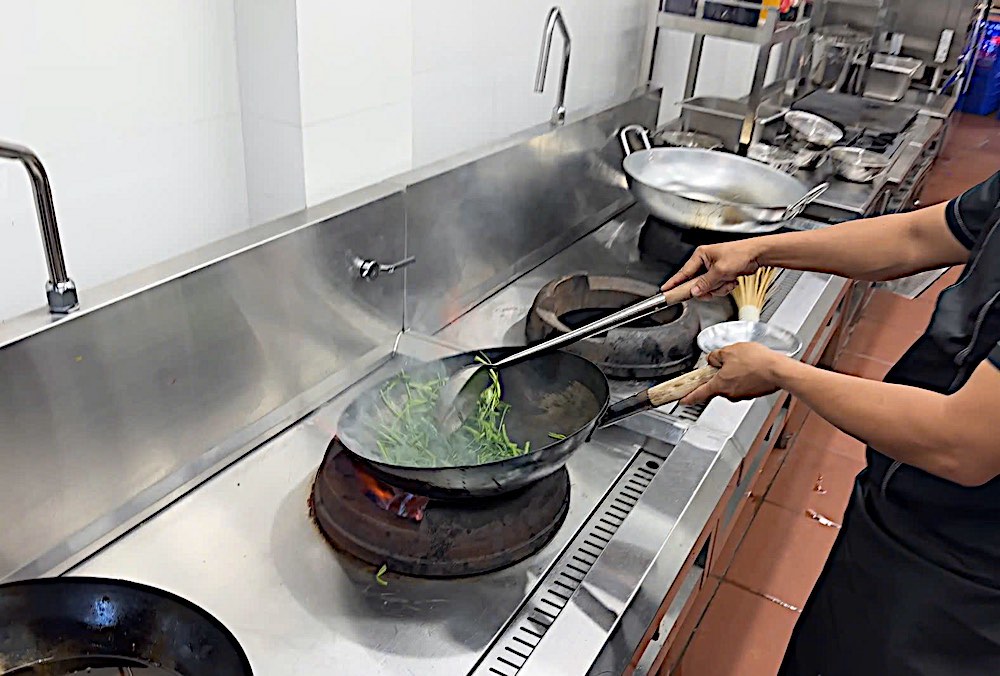Recently, many suspected food poisoning cases have occurred involving tourist groups when traveling to Phan Thiet, Binh Thuan province. Therefore, restaurants and resorts have tightened regulations on ensuring food hygiene and safety from food selection to processing and preservation; focusing on keeping food samples according to regulations.
The restaurant owner in Phan Thiet said that keeping food samples for customers is very important. Because if there are unexpected incidents such as food poisoning occurring to tourists in the group after eating at the restaurant, this is an important basis to determine the cause. This is both the reputation of the restaurant and the trust of travel companies to bring customers to the restaurant.
In fact, tourists not only eat at restaurants but also eat and buy food at other shops, so it is difficult to conclude where the food is from. If a whole group of tourists but only a few people show signs of suspected poisoning, it is necessary to test the restaurant's food samples to get the most accurate answer.

Regarding food sample storage, the head chef of a restaurant in Ham Tien said that food sample storage is an important process including the steps of sampling, preserving, recording and keeping documents related to dishes prepared for food service at the establishment... carried out based on general legal guidelines and regulated by Decision No. 1246/QD-BYT.
After 24 hours of storing food samples, if there is no suspicion of food poisoning or no request from the management agency, the restaurant will proceed to destroy the stored samples.
After the peak summer tourist season for domestic tourists, it is expected that the number of international tourists coming to Mui Ne will increase from the end of November, also known as "winter" tourists and attracting domestic tourists during Tet. Therefore, tightening regulations to ensure food hygiene and safety must be a top priority for restaurants and resorts in Binh Thuan to ensure the best service for tourists.






